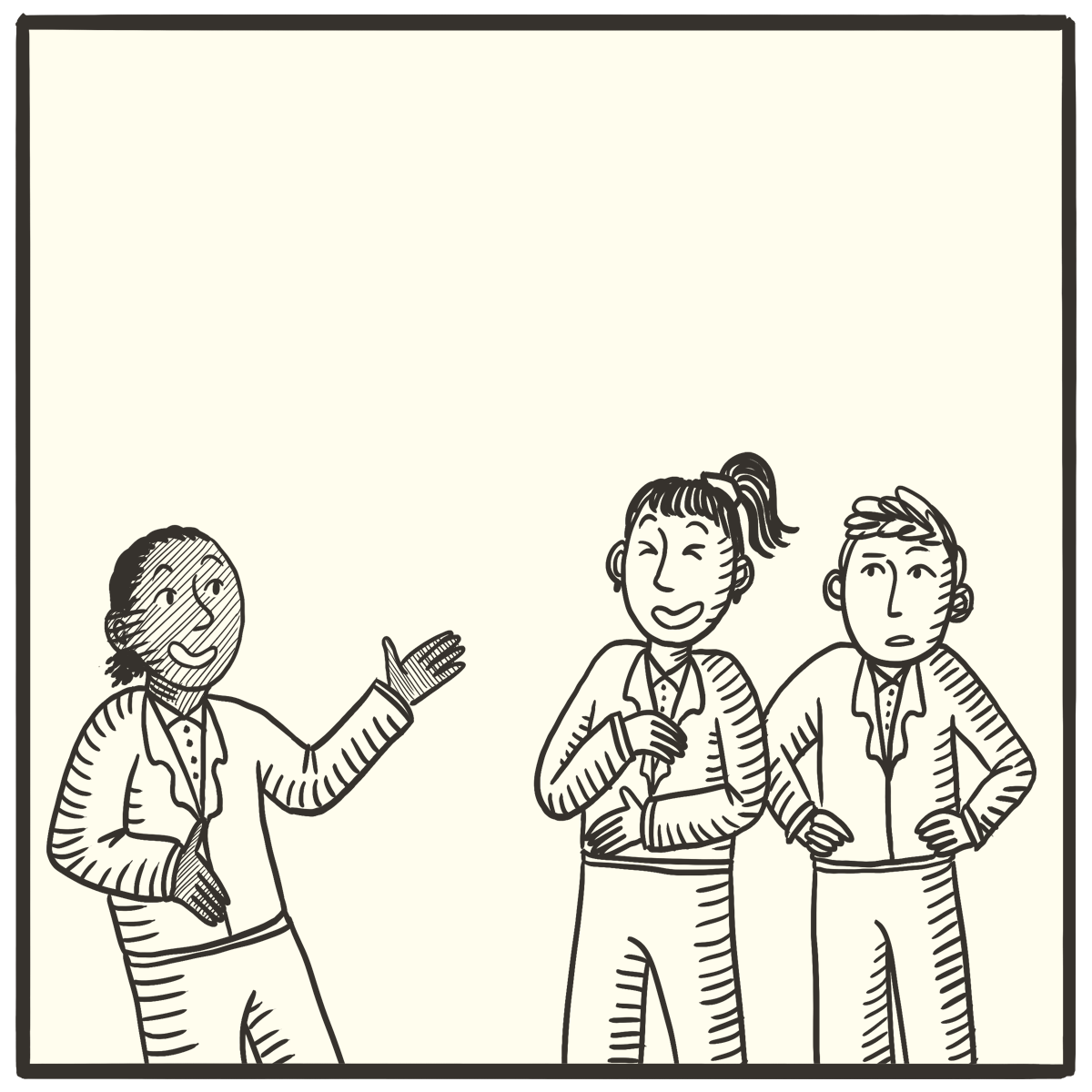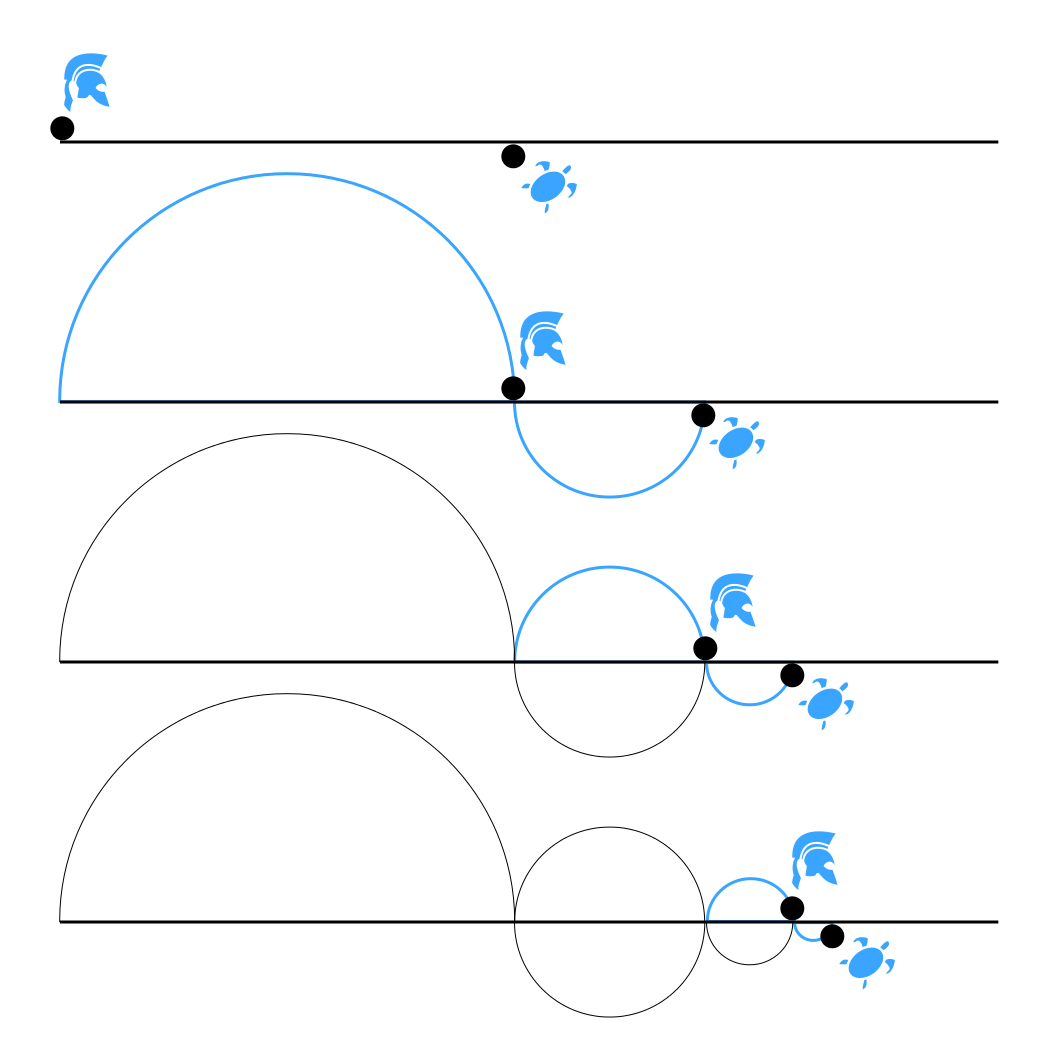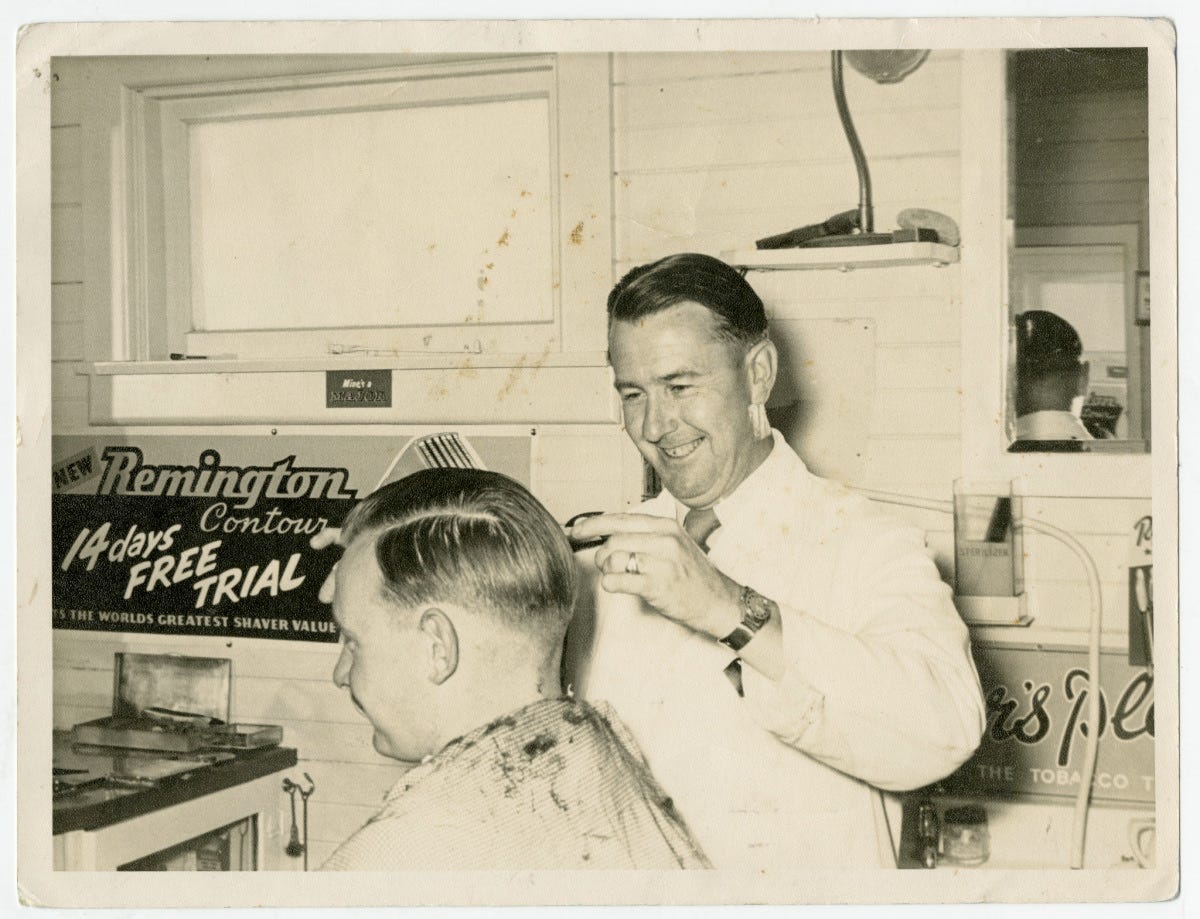
Kids aren’t as funny as they think. Meanwhile, their analytical reasoning skills are horrible.
Coincidence?
2. Basic plan
Make “jokes” a part of the elementary school curriculum, of equivalent stress to “spelling” and “gym” and “math”.
3. What you might see
Kids reading the joke books sprinkled around the room. Kids standing on the stage and telling the joke. Kids practicing jokes in front of classmates, and getting feedback on how to make it funnier (or at least how to butcher it less). A whole class arguing about what makes a certain joke funny.
Eventually, kids making jokes themselves.
4. Why?
It takes brains to be funny: untangling a joke is akin to analyzing a logic problem, plus understanding information about the world (especially social and linguistic conventions). A joke class can be a mental gym.
Of course, jokes are usually seen as a distraction from education rather than a natural part of it. This has more to say about our modern killjoy attitude toward learning than toward anything to do with education itself.
I.I.: Nope, you’re not going to get away with that — extraordinary claims require extraordinary evidence, and this pattern sounds WEIRD.
Sure. To be funny, jokes (and especially kid jokes) typically rest on a leap in logic:
Why can’t you trust an atom?
They make up everything.
If that’s a groaner to you… well, then you’re probably not seven years old. Because (and I cite my experience as an elementary teacher) they love that crap. It’s fresh and liberating to them — a wall to climb and preen on top of.
A more adult one:
“I don’t have a girlfriend. But I do know a woman who’d be mad at me for saying that.”1
Did you feel that moment of confusion? If you’re like me (and most of the people in Mitch Hedberg’s audience), you experienced a pause while your brain tried to make sense of what was going on… and then found the link between the two sentences.
That’s analytic thinking, baby!
Back to a kid joke:
Knock-knock.
Who’s there?
Boo.
Boo-hoo?
Don’t cry, it’s just a joke!
To understand the joke, kids have to follow the logic — spotting patterns, making connections, and tracking what their audience expects a word to mean. There’s a lot of cogntive lifting that goes on in a joke.
5. Egan’s insight
Where do we see this in the human experience?
Philosophers and mathematicians have long used humor to sharpen intellects.
The ancient Greek philosopher Zeno proposed that you could never catch up to a turtle — not even if you’re the world’s fastest runner, and not even if you ran until the end of time. Why? In the time that it takes you to get to where the turtle began (call it Spot A), it’s gone a bit further ahead. You need to then take more time to get to that spot (B), but when you get there, you see it’s still ahead of you, at Spot C.
Run all you’d like, Zeno proposes: you’ll never catch that turtle.

Or more: Bertrand Russell coined the “Barber Paradox”:
In a small town, there’s only one barber. Some people, of course, cut their own hair, but he cuts the hair of everyone who doesn’t do it themselves.
Does he cut his own hair?

These aren’t rarities plucked out of an ocean of boredom: humor is replete in serious analytic thinking. “Puckishness” is close to the norm. It’s school that filters out the funny, because we assume that “funny” is a distraction.
How might this build different kinds of understanding?
🧙♂️JOKES are a tool of MYTHIC understanding — something we can use as soon as we can talk.
(Proof: my son told his first joke when he was in his “holophrastic stage” — those months when a toddler can only say single words like “food” and “up” and “NO”. I was dutifully standing by, bored and drinking coffee, while he took a bath. When I set the cup down, he pointed to the dark sludge at the bottom, pronounced the word “poop”, and burst out laughing.)
Of course, jokes develop out of a deeper kind of understanding — we use 🤸♀️HUMOR long before we can talk. Egan’s notion, though, is that humor provides the motivation to think ridiculously carefully about how we use words. Channeled wisely, this helps build 👩🔬LOGIC and 👩🔬ANALYTIC REASONING — tools of PHILOSOPHIC understanding.
There’s more, though: at the end of the day, we still struggle to make clear sense of the world. Reality, we find, is beyond all our theories. While some react to this by collapsing in despair, those who have developed a joy of paradox will be prepared to delight in reality all the more: this is what Egan meant by IRONIC (😏) understanding. (What do these weird emoji mean?)
6. This might be especially useful for…
Aspiring class clowns, whose delight in humor can be fuel for helping others develop analytical reasoning.
7. Critical questions
Q: Don’t you know that explaining a joke ruins it?
I know that everyone says that, but I’m not sure it’s usually true! Or at least it’s no more true of a JOKE than of a STORY or a SONG.
In any case, I don’t think it ruins the joke for the teller — who needs to understand the joke in order to tell it to someone else.
That’s to say: even when explaining a joke ruins it in the moment, it sets up the hearer to become a teller, and pass the joke on.
Q: Eh, call me a doubter: I don’t think you can study jokes and become more funny. Humor seems like one of those things you’re born with, or not.
Like math skill? Like an interest in science?
How funny you are is one part genes plus one part horrific childhood trauma,2 but that just makes it the same as nearly every other thing we care about in education. A genetic foundation doesn’t mean that training can’t add skill.
Can you think of some way this could go terribly, terribly wrong? Frankly, WE WOULD LIKE TO KNOW ABOUT IT. Become a subscriber and join in the comments conversation.
8. Physical space
No particular physical space needed for this — although if you already have a stage for public speaking, it can be used for stand-up.
9. Who else is doing this?
Have you noticed how smart good comedians are? Comedy schools (think Chicago’s Second City, or New York’s The Upright Citizens Brigade, or L.A.’s Groundlings) might be some of our society’s most effective instances of formal education.
But in K–12 schools, I don’t know anyone who’s doing this. (If you do, please share it in the comments.)
UPDATE:
How might we start small, now?
Grab some joke books from your local library, and put ‘em in the bathroom!
10. Related patterns
Jokes are one form of Microliterature°, in which we use terribly tiny bits of language (like A Poem a Week° or World Proverbs°) as a portal to something bigger. In this case, though, that “something bigger” is logic, which makes it more like Ciphers°, which is another pattern we’ve filed under “Math”.
Huh. It’s almost like the world isn’t neatly divided up into the categories of “STEM” and “the humanities”.
Afterword:
Perhaps you’re wondering if I’m going to talk about the huge Learning in Depth intensive cohort we’re launching in less than a month? Soon, soon…
Thank you, Mitch Hedberg.
Mix and serve!





Inspired! I'm going to start analyzing jokes with my kid, (who looooves jokes and puns!)
BTW, its worth noticing that there are a lot of subsets of comedy besides jokes. Physical Comedy, Over-the-top (as opposed to witty) and more. Clowning made many types of comedy that are much more in-life accessible to me naturally. Stand-up comedy is one of the less natural comedic expressions. I can talk about this for hours.